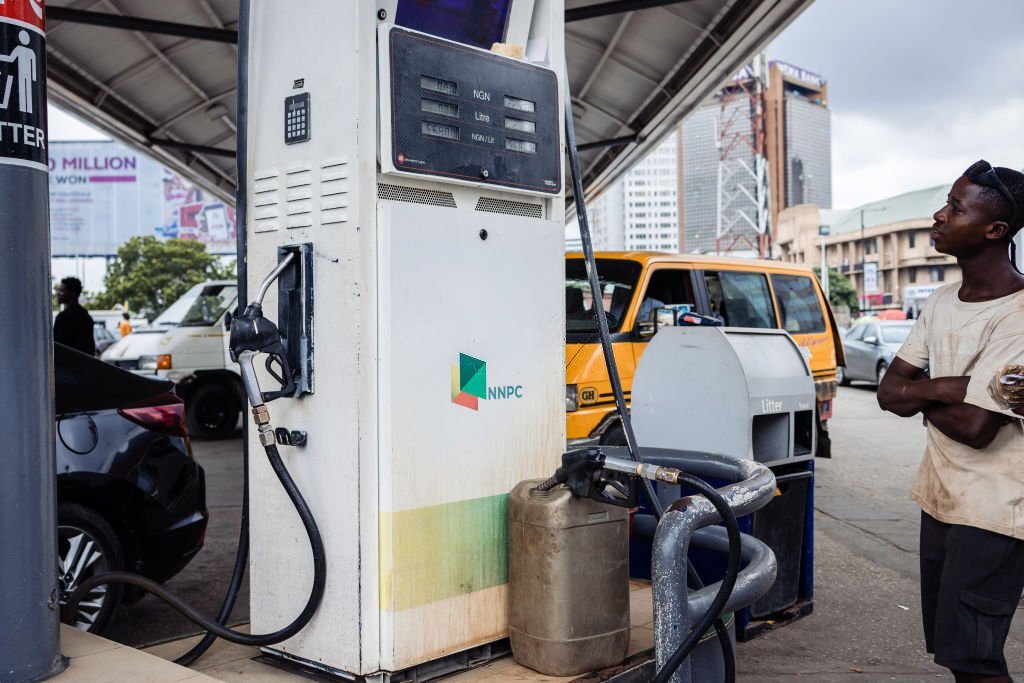The Minister of Finance and Coordinating Minister of the Economy, Wale Edun, said the government is implementing solutions to ease the hardship being experienced by citizens.
Edun in an interview with Channels TV addressed several issues impacting Nigeria’s economy, including rising inflation, food insecurity, and support for vulnerable groups.
He acknowledged the rising cost of living and elevated food prices in Nigeria, attributing them to past economic policies and implementing corrective measures.
“Food prices, in particular, have elevated, and we all know why it’s part of the generally expected, rising inflation macroeconomic measures as the reform measures, the corrective measures to put these economies on a straight path,” Edun stated.
However, he highlighted the government’s commitment to helping vulnerable populations.
Direct Cash Assistance
Edun announced a revamped cash transfer programme that will reach 75 million Nigerians, with a focus on transparency and accurate beneficiary targeting, as well as the use of technology to ensure funds reach their intended recipients and prevent fraud.
“We started speaking directly to the intervention program, directly mates have simplified our narrative about remote median households, where each household is about five people.
“So that effectively provide funding for 75 million people, all important programmes have been revamped, to make sure that it is robust and that each beneficiary has an NIN number and a BVN number or access to mobile money accounts so that we are sure that the right people are paid, and that the system is fraud-free.”
Food Security Measures
According to the minister, the government is tapping into its reserves, releasing 42,000 metric tonnes of grain already and planning another 60,000 tonnes to increase food availability in markets.
Edun added that a program providing grains for both human consumption and animal feed is underway, aiming to further stabilize the food supply.
“This is all in a bid to make sure there is food in the marketplace, but more importantly, the emphasis now is on making sure the purchasing power to buy the foods is in the hands of the poor and the vulnerable in our society…..”
Nano-Business grants
He stated that artisans, traders, women, and youth running small businesses (“nano-businesses”) will receive non-repayable grants of 50,000 Naira through a digitally verified programme covering at least 1,000 people in each of Nigeria’s 774 local governments.
“And so that program will now be another 50 billion. And the important thing is to know that to the extent that this is the most direct way to help people at this time, it can be expanded. It can be continued until we find a more stable environment in terms of food production, food production, food prices, and follow up affordability through increased spending power of the poor people.”
Revenue collection
Edun also announced a crackdown on previously scattered government revenue, stating that a stricter regime of cost management is being implemented for state-owned enterprises, with immediate collection of revenue through technology, eliminating delays and potential misuse.
“The federal government’s consolidated revenue fund that was outside…has been identified, is being collected back, being taken from the various pockets and being brought into the federal system.”
He added that a new system of expenditure management has been authorized and approved by the president, stating that payments to suppliers contractors beneficiaries will go directly from the federal treasury to the beneficiaries without having different places where it is on loot where it was placed and then redistributed.
Inflation control
Edun added that the government has introduced reforms focused on reducing excess money supply in the system by increasing production and boosting oil revenue.
He added that a 70% increase in tax revenue is targeted not by increasing the tax but through rationalization, technology implementation.





















Discussion about this post